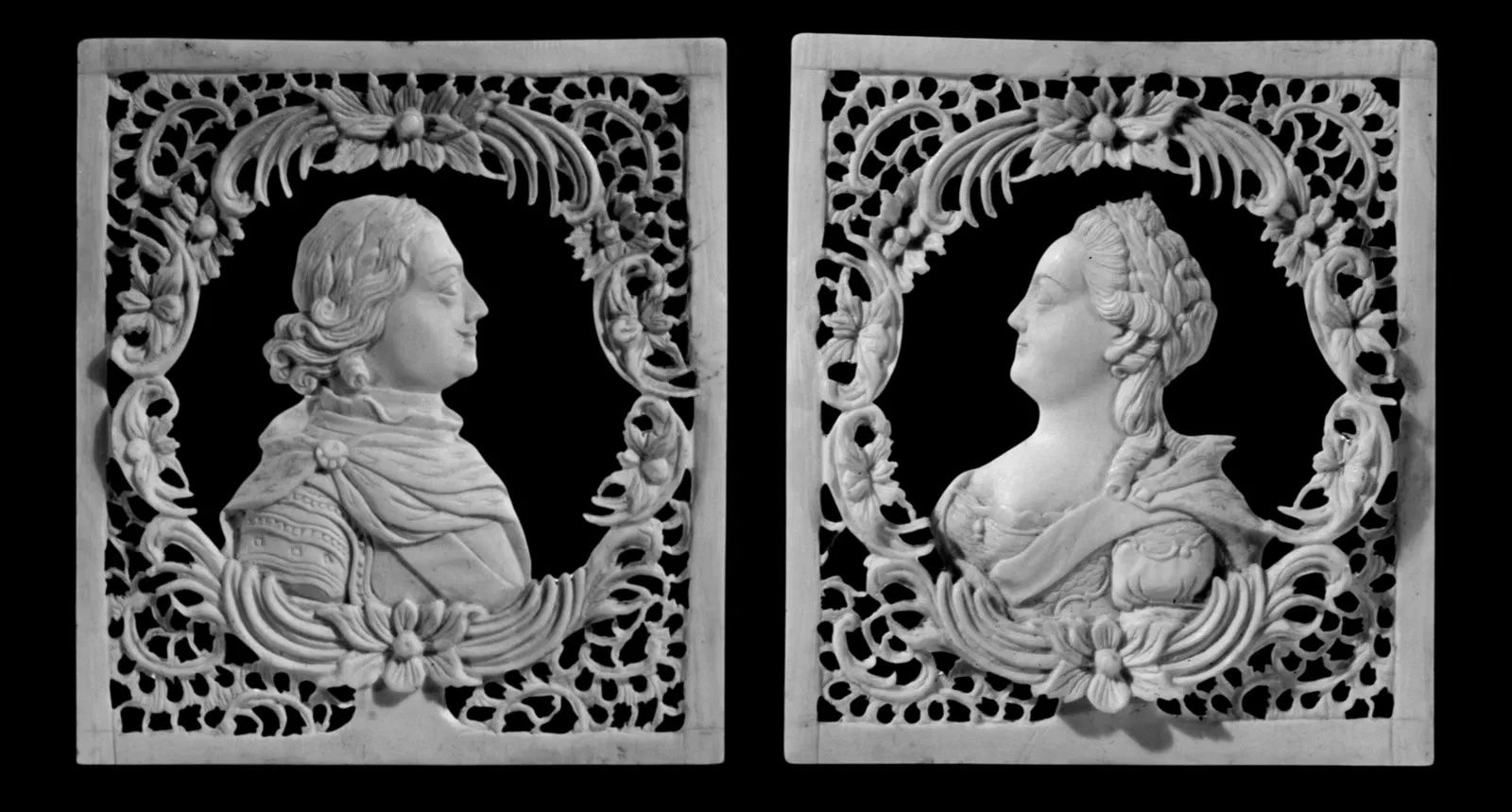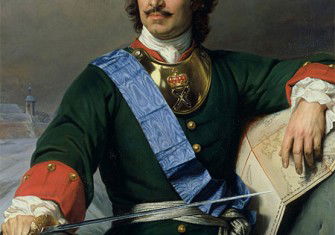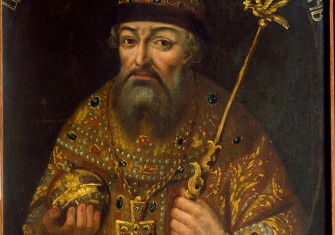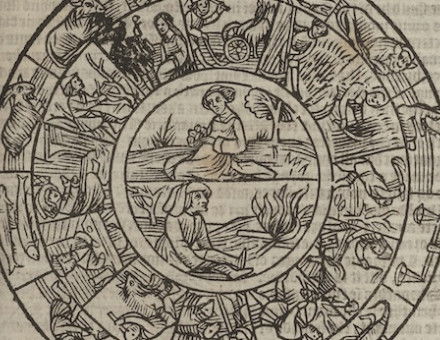
Peter the Great's Special Book
The reforming Tsar sought to westernise his empire, yet in 1723 he published an uncompromising reassertion of his absolutist doctrine, which has traditionally marked Russia’s national consciousness.
Personally commissioned and approved by Peter the Great, a short book of some 60 pages and 20,000 words was published in Moscow in 1722. Its title was Pravda Voli Monarshei or ‘The Monarch’s Right to Appoint the Heir to His Throne’, but its wider purpose was to reassert the doctrine of divine right absolutism in Russia, at the very time when the concept was beginning to lose its authority in the West. Thomas Consett, Anglican chaplain to the British community at St Petersburg, aptly described it as ‘the famous book’ and ‘that special book’. Its defence of Peter’s right to dictate the succession, though not unprecedented in Russian history, came as a heavy blow to the majority of Peter’s subjects as well as to the small educated minority who looked to the West for examples of limited monarchy. Dramatic fluctuations in the status and authority of the book from 1723 to 1730 bring out its importance as a document of state far removed from the spirit of comparable western documents such as the British Bill of Rights of 1688.







